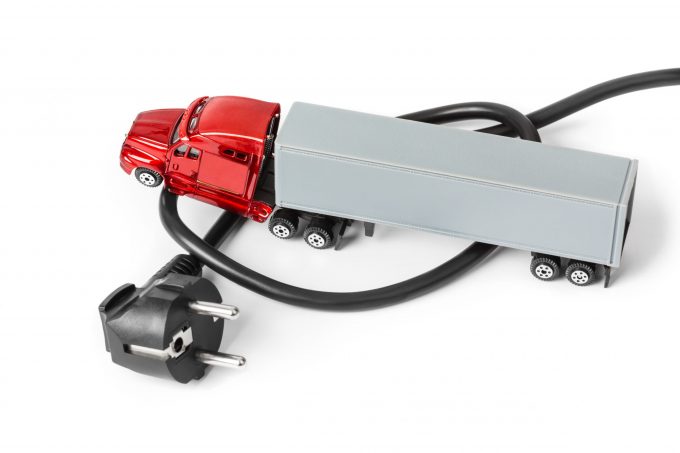Fledgling biofuel production in the EU under threat from cheap imports
Even as a new EU regulation approaches mandating its use, biodiesel and SAF production within ...
VW: UNDER PRESSUREKNIN: APAC LEADERSHIP WATCHZIM: TAKING PROFITPEP: MINOR HOLDINGS CONSOLIDATIONBA: WIND OF CHANGEMAERSK: BULLISH CALLXPO: HEDGE FUNDS ENGINEF: CHOPPING BOARDWTC: NEW RECORDZIM: BALANCE SHEET IN CHECKZIM: SURGING TGT: INVENTORY WATCHTGT: BIG EARNINGS MISSWMT: GENERAL MERCHANDISEWMT: AUTOMATION
VW: UNDER PRESSUREKNIN: APAC LEADERSHIP WATCHZIM: TAKING PROFITPEP: MINOR HOLDINGS CONSOLIDATIONBA: WIND OF CHANGEMAERSK: BULLISH CALLXPO: HEDGE FUNDS ENGINEF: CHOPPING BOARDWTC: NEW RECORDZIM: BALANCE SHEET IN CHECKZIM: SURGING TGT: INVENTORY WATCHTGT: BIG EARNINGS MISSWMT: GENERAL MERCHANDISEWMT: AUTOMATION

A new megawatt charging station at the Energy Transition Campus Amsterdam (ETCA) hints at the change that will be necessary as trucking electrifies.
Yesterday, oil company Shell unveiled the Megawatt Charger (MWC), designed to allow trucks to charge at a drastically higher speed: for example, Volvo’s longest-range 540kWh battery trucks could fully charge in under an hour.
ETCA inaugurated the MWC with a simultaneous connection to a truck and electrically-powered Kotug barge, used to transport cocoa beans around Amsterdam. The barge can also fully charge within an hour, Kotug;s commercial manager for inland shipping, Geert-Jan Van der Wielen, told audiences, unlocking nine more hours of operational time.
The charger is connected to the ETCA micro-grid, which comprises some 3,600 solar panels and battery storage.
Providing for the enormous power needs of all-electric trucks will be of major concern over the coming decades, as will doing so without expanding the use of fossil fuels. One challenge inherent in supplying energy at the megawatt scale is the heat generated, meaning MWCs will require hefty cooling equipment to prevent the destruction of cabling and equipment during charging.
Another is the sheer amount of power needed. Last week, Meri Braziel, chief commercial officer at Landways, told The Loadstar that in the UK, there was simply not enough power in the grid – let alone the proportion of it powered by renewable energy – to support it.
She said: “…the current grid is not up to migrating to electric vehicles… new charging points are putting a lot of strain on the energy supply and we are seeing certain sites failing to get approval for more power.”
Strategies for providing the necessary power to meet trucking’s needs have in the past included swappable batteries, which could be charged slowly.
“The time to charge electric trucks is more and more reduced with higher charging power, and thus the possible time gain from [battery] swapping is reduced,” Helena Lundgren Lind, spokesperson for Volvo Trucks, told The Loadstar recently. “It takes longer than you think to swap large heavy truck batteries that have an active liquid cooling system.
“The value of the batteries is great, and it is important that they are looked after in a good way in order to secure the total value of the vehicle. Battery replacements almost require a business model where the customer does not own the batteries,” she added.
Until recently, Daimler Trucks and some other manufacturers favoured hydrogen, even criticising the notion of long-haul electric trucks. But Daimler has subsequently embraced a ‘dual strategy’ involving electric models as part of its lineup.
Comment on this article